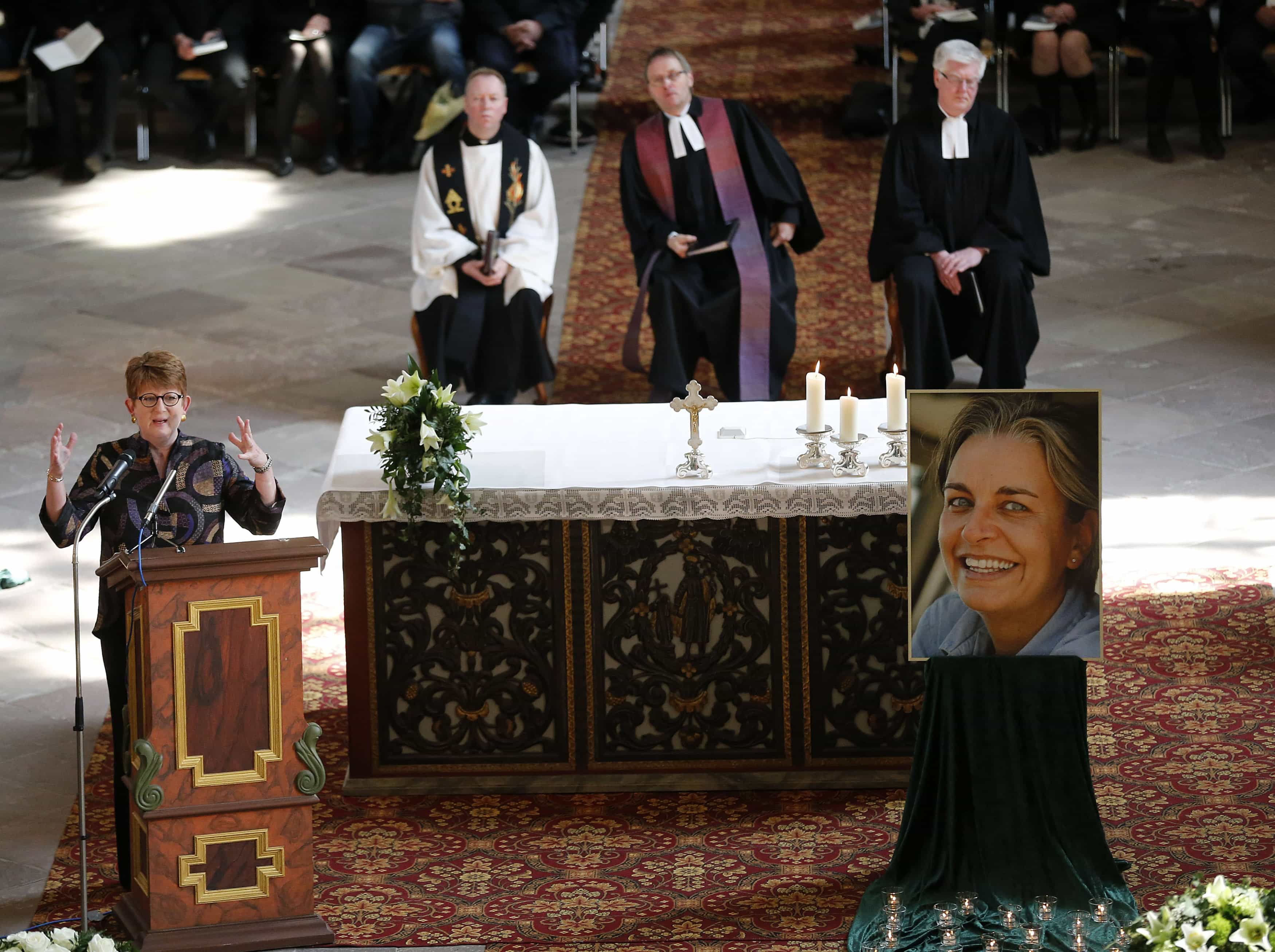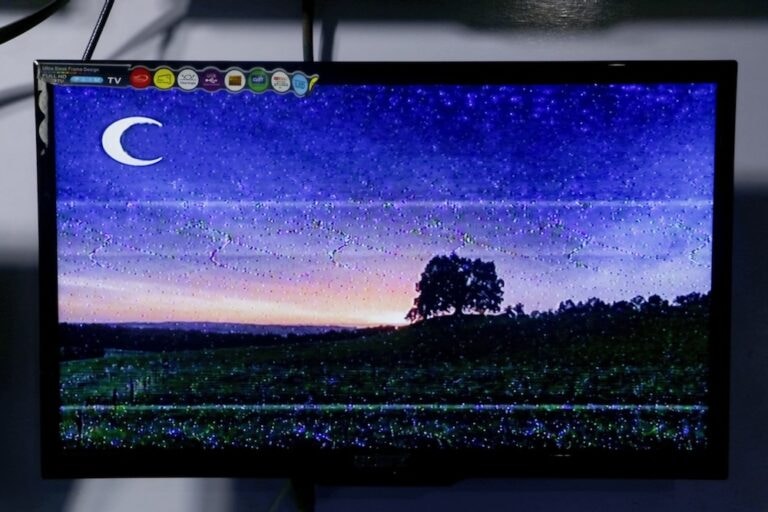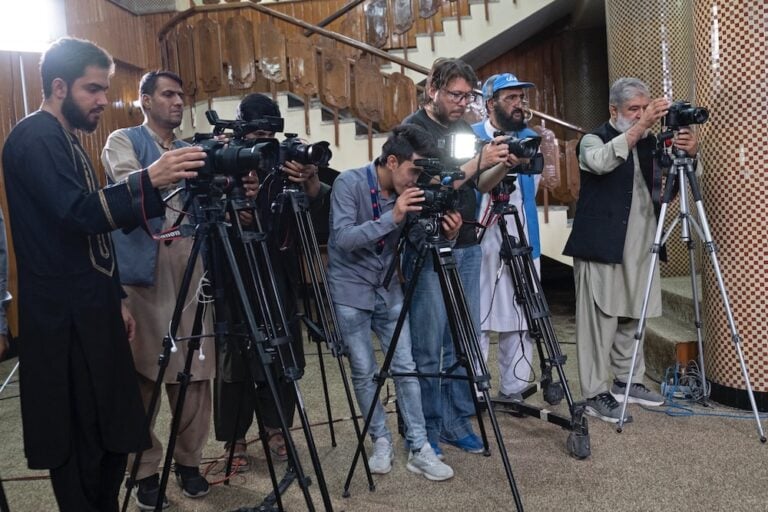In what is cautiously being seen as a step forward in the fight against impunity in Afghanistan, an Afghan police officer has been found guilty in the death of AP photographer Anja Niedringhaus and the wounding of AP correspondent Kathy Gannon.
On Tuesday 22 July 2014, a Kabul court convicted and sentenced to death an Afghan police officer charged with killing the internationally acclaimed Associated Press photographer Anja Niedringhaus and wounding veteran AP correspondent Kathy Gannon. The ruling, which was announced the following day and followed a three-month investigation of the April attack, is the first step along the legal path to a final conviction and sentence, which might not come for years.
AP reported that the six judges at the Kabul District Court found former Afghan police unit commander Naqibullah guilty of murder and treason. They also sentenced him to four years in prison for shooting and wounding Gannon.
Witness and official accounts have suggested the shooting was not planned. While in court, Naqibullah did not offer a reason why he opened fire. Naqibullah’s defense lawyer argued that he was not mentally stable, but this was dismissed by the judges. The judges’ claims that Naqibullah had travelled to Pakistan to be trained by extremists were denied by the accused, who stated that he had only received medical care while there.
Attack took place on the eve of the presidential election
On 4 April, Naqibullah opened fire on the photographer and her colleague Gannon, while they were seated in the back of a car in the southeastern city of Khost. The two were there to cover the elections.
Just days before, on 2 April, Reporters Without Borders had issued a call for the reinforcement of measures to protect journalists and prevent risks. In an earlier report, RWB had evaluated the state of freedom of information on the eve of the election, stressing the uncertainties and dangers to which the local media are exposed as the withdrawal of foreign troops approaches.
The shooting highlighted the ubiquitous danger for reporters in certain regions of Afghanistan. “As pre-election violence mounts, Afghanistan has become a dangerous assignment on par with the height of the Iraq war or the current situation in Syria,” said Bob Dietz, Asia Program Coordinator for the Committee to Protect Journalists (CPJ), after the attack.
Niedringhaus and Gannon reportedly were aware of and concerned about the tense political situation in Afghanistan and the frequent attacks against journalists working in the country. The last post on Niedringhaus’ Twitter account referred to the March 2014 shooting death of Afghan journalist Sardar Ahmad in a hotel in Kabul.
Reactions to the officer’s conviction
The Afghanistan Journalists Center (AFJC) welcomed the conviction and sentencing of Naqibullah as a promising sign of reestablishing justice in Afghanistan.
According to the AFJC’s records as many as 45 journalists have been killed in Afghanistan since 1993 – 28 of them in targeted attacks and 17 others in fighting and explosions. This is only the third case of violence against an Afghan journalist that has resulted in a conviction, says the AFJC.
While their estimates of the numbers of journalists killed differ, CPJ concurs that impunity reigns in the majority of cases. “While CPJ doesn’t gloat over death sentences, the fact that justice has been handed down in this case should be a cause for celebration,” noted Dietz. But it isn’t, he added, given the loss of Niedringhaus, the injuries sustained by Gannon and continuing concerns for journalists’ safety in Afghanistan. Journalists’ deaths in Afghanistan are exceptional in that so many victims are foreigners, not local media – a pattern that is the opposite of almost everywhere else in the world.
Dietz also remarked on the circumstances specific to the Khost shooting, where the journalists were traveling under the protection of Afghan forces and the attack took place outside a police station. He recalls having discussed protective gear with Gannon, but adds this sobering thought, “it’s hard to imagine either Gannon or Niedringhaus escaping serious injury no matter what protection they used.”
Meantime, the presidential election that was supposed to replace Karzai hangs in suspension as an internationally supervised audit of the election continues. The audit comes at a critical time for the country – and the media – as the international community winds down its combat mission and foreign aid dwindles.



